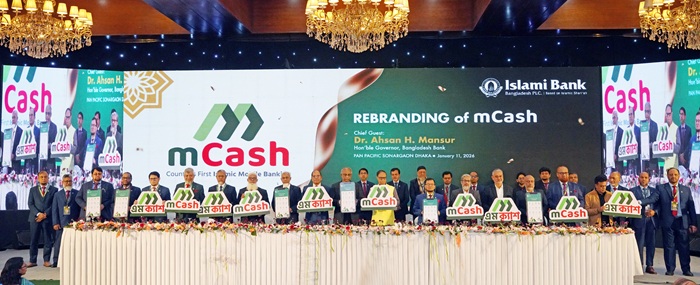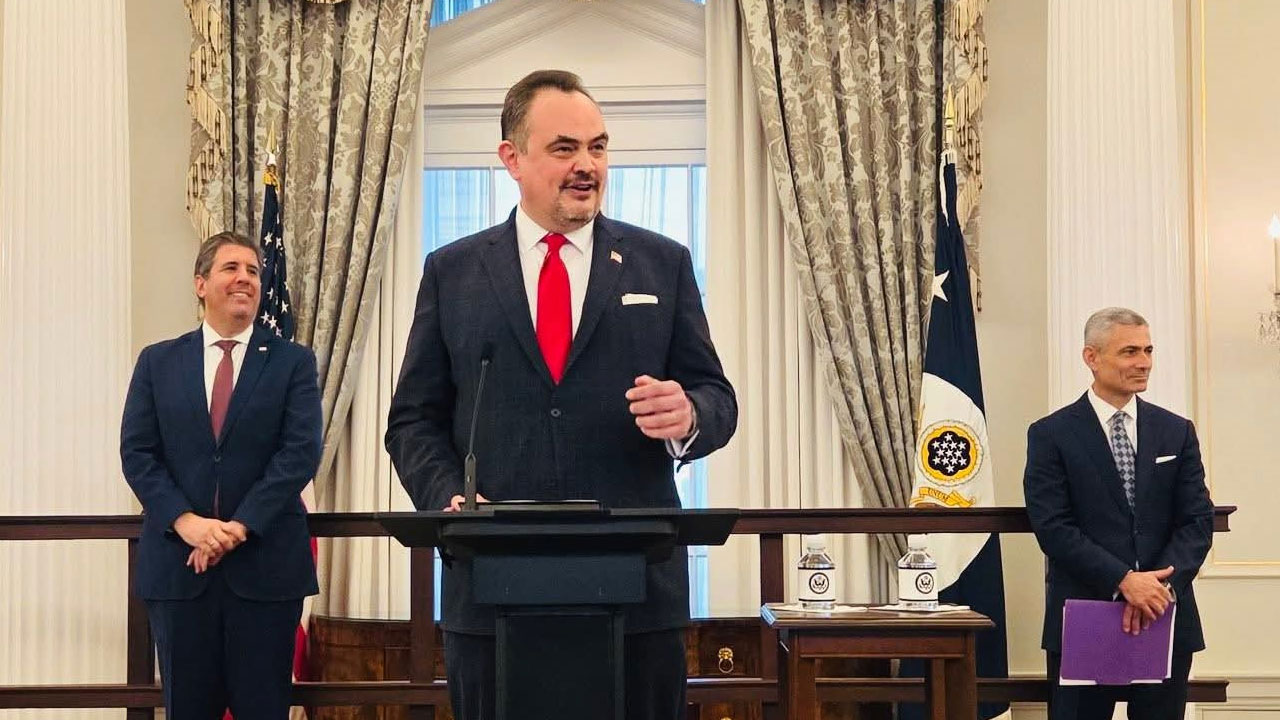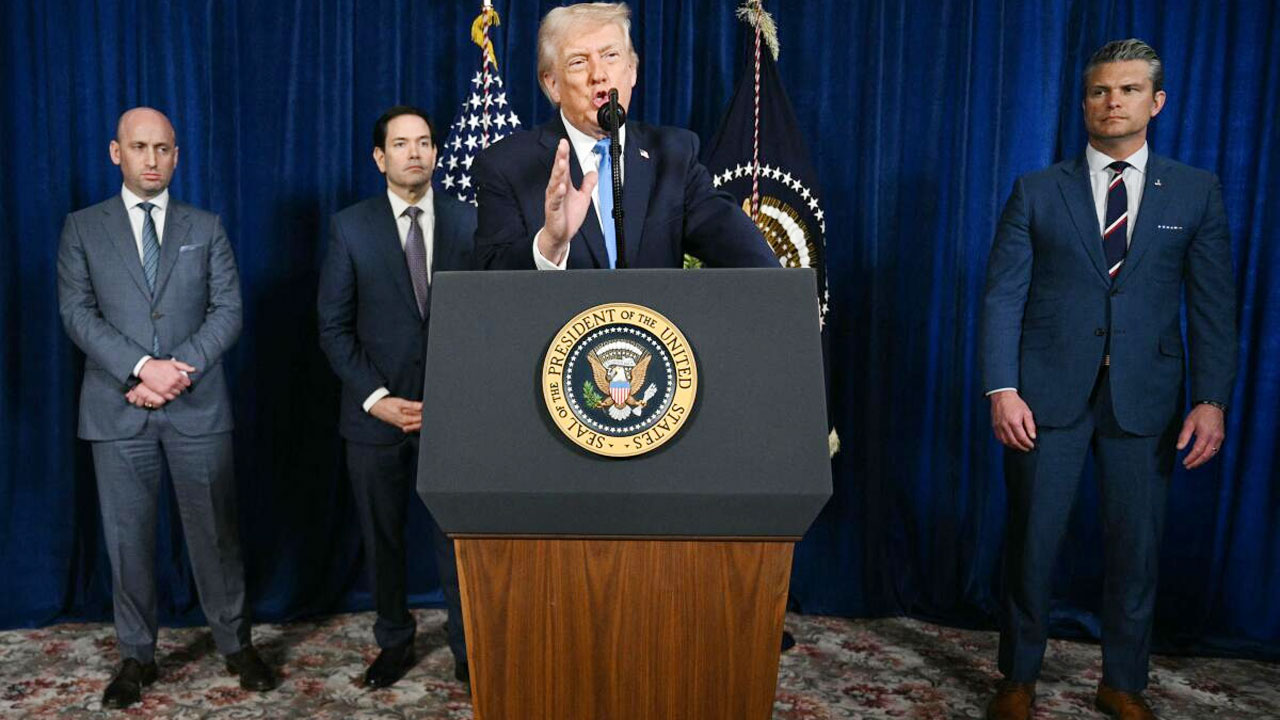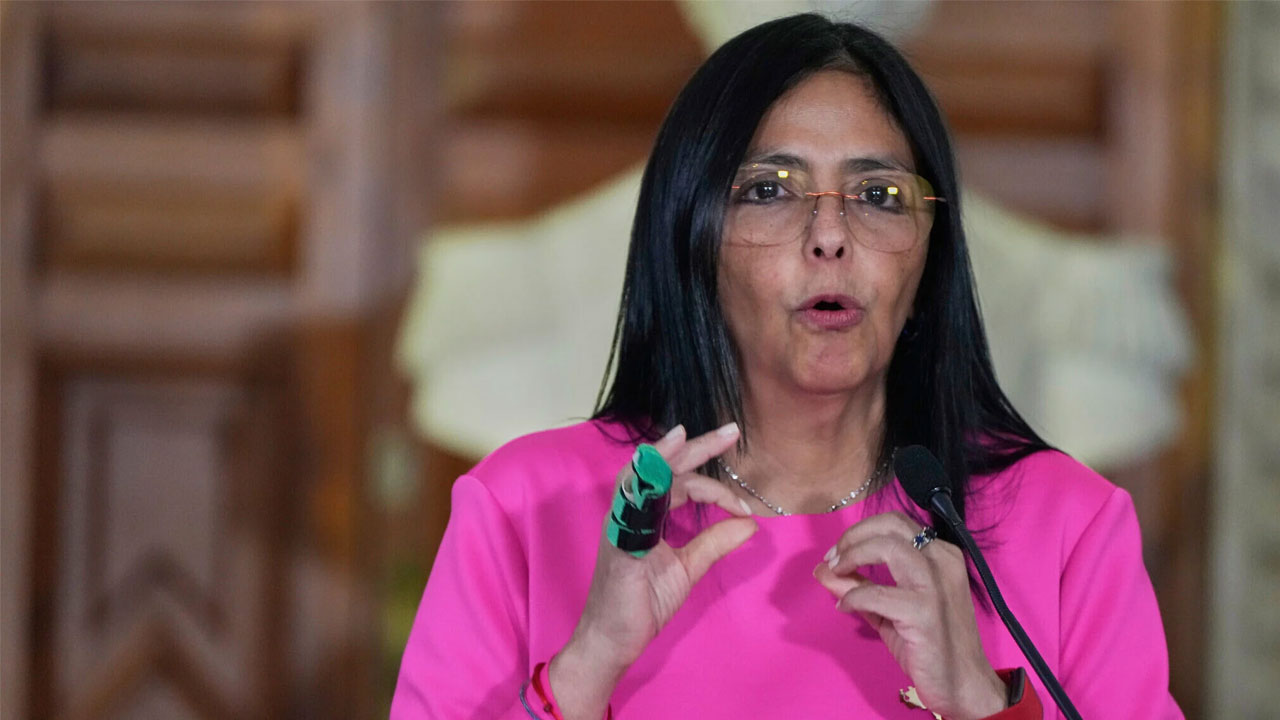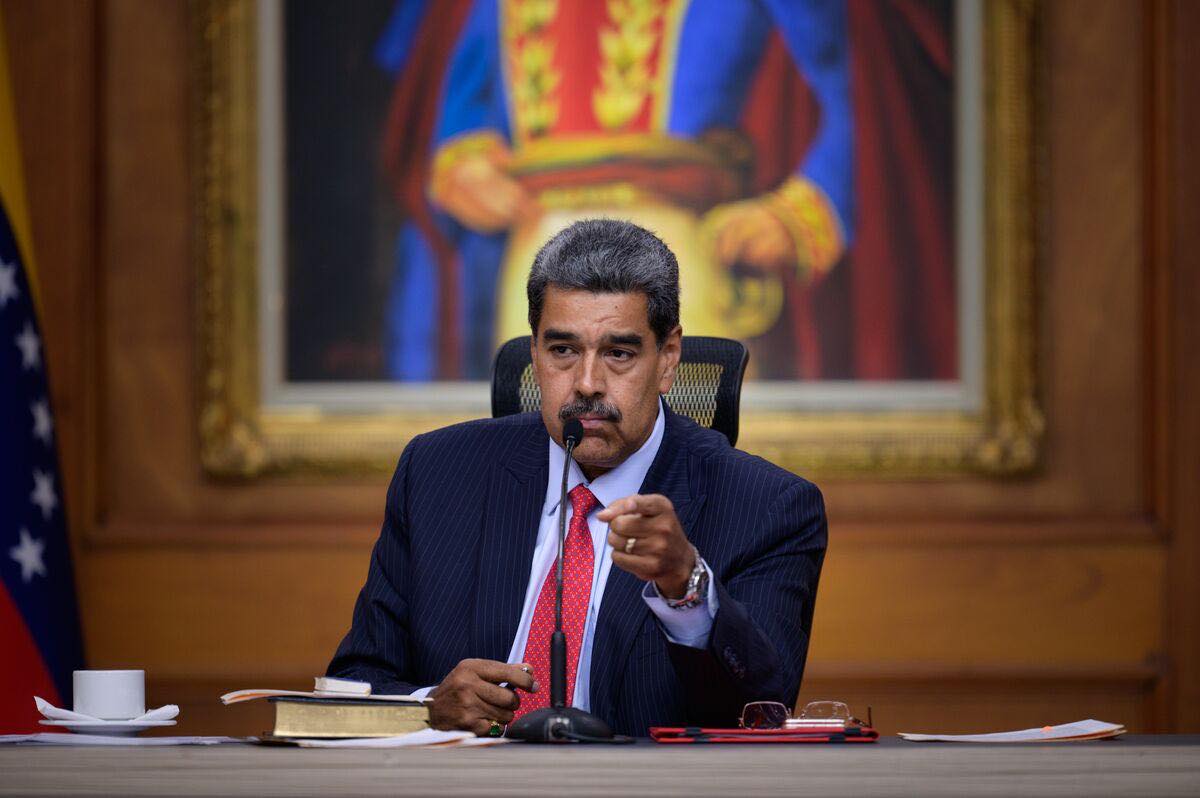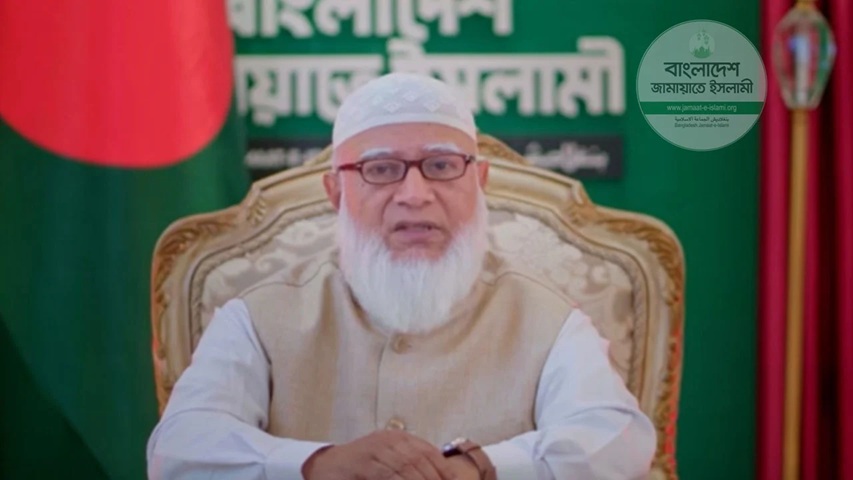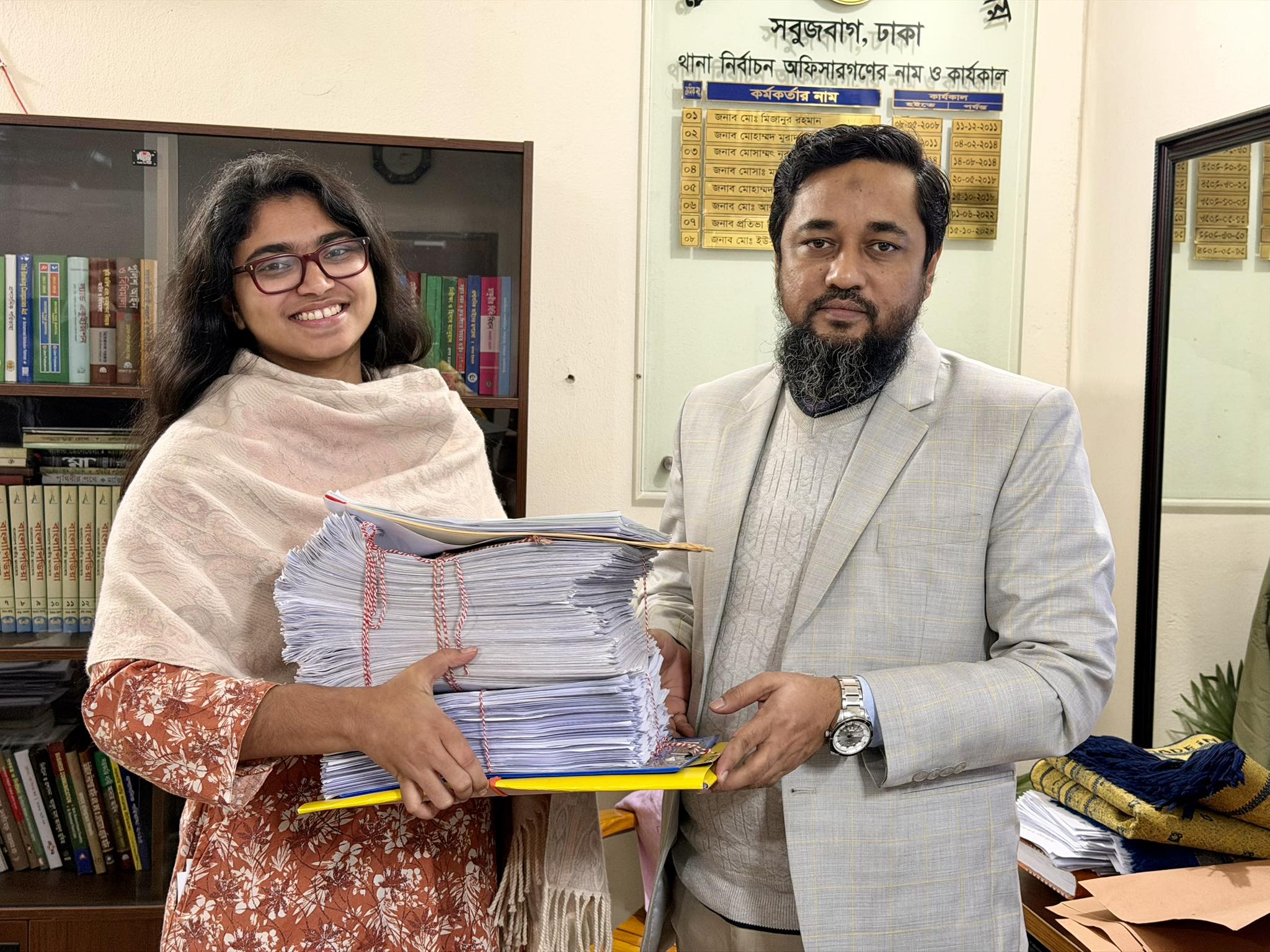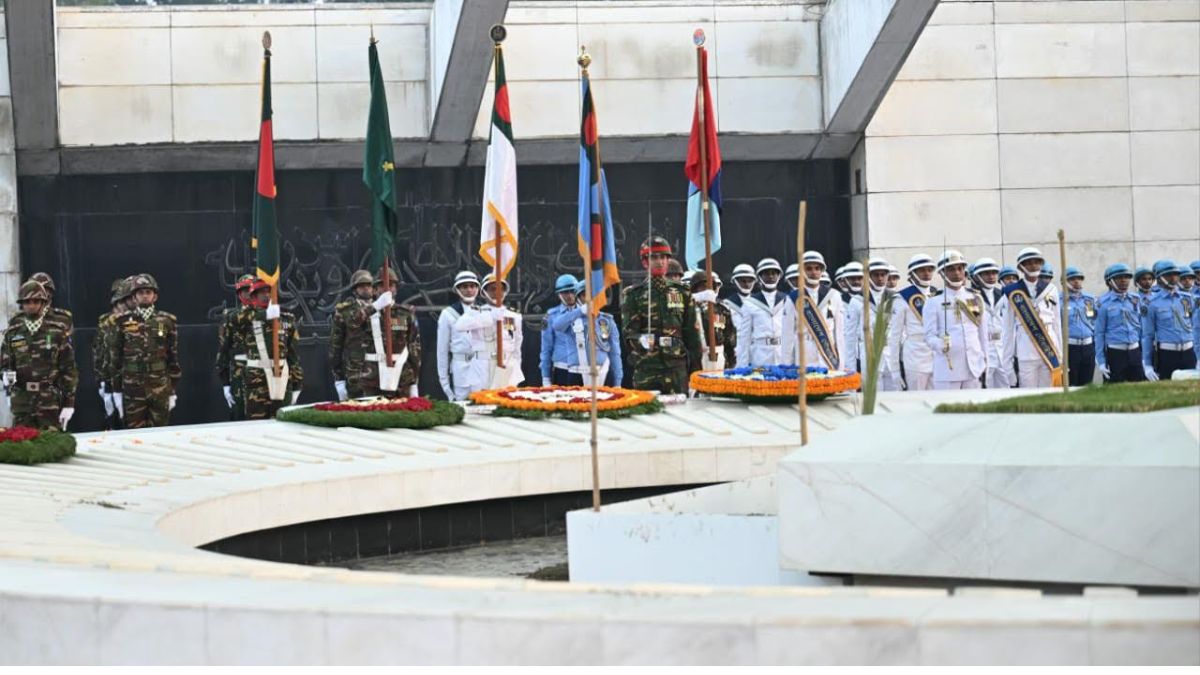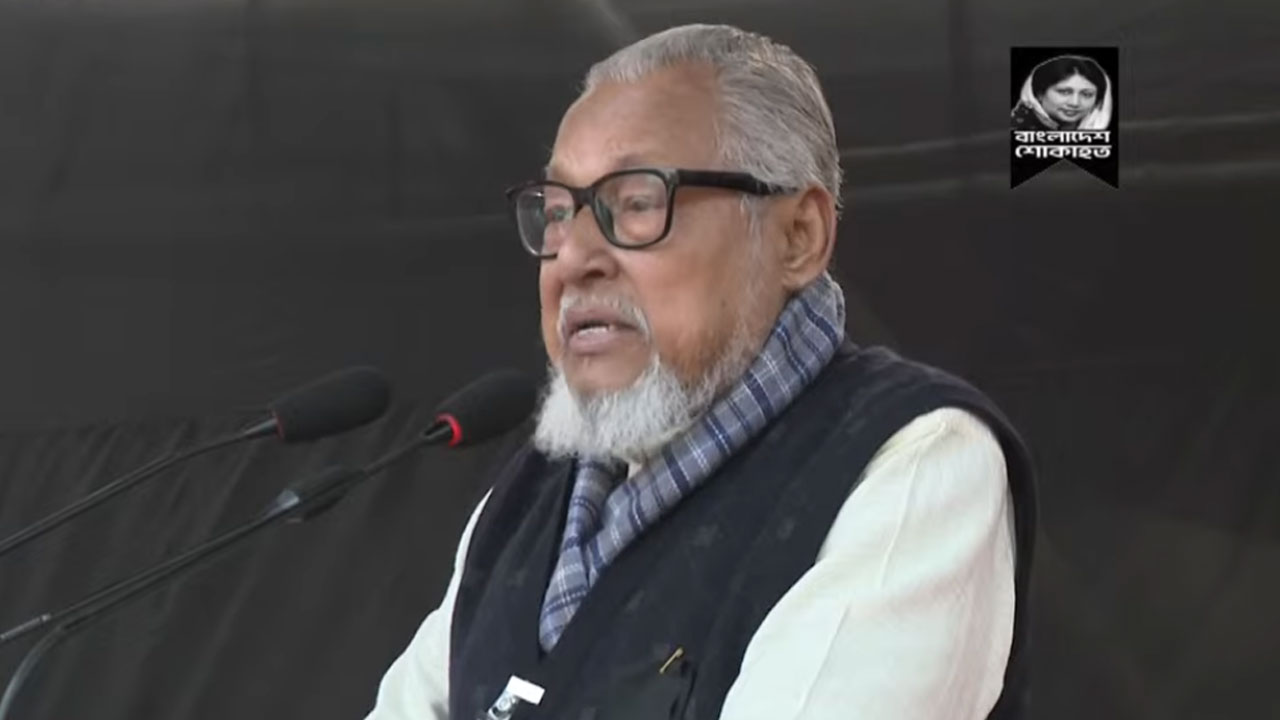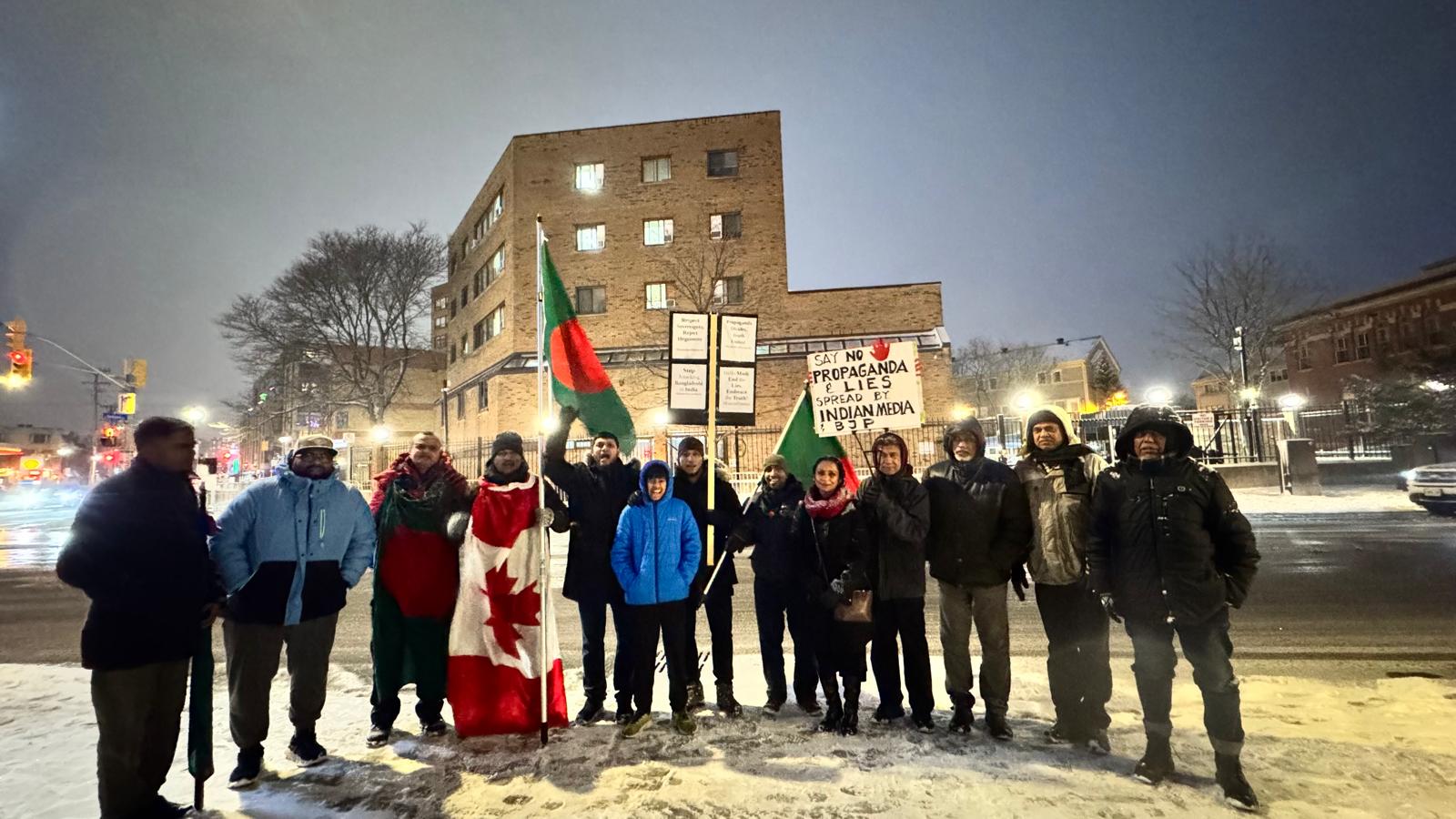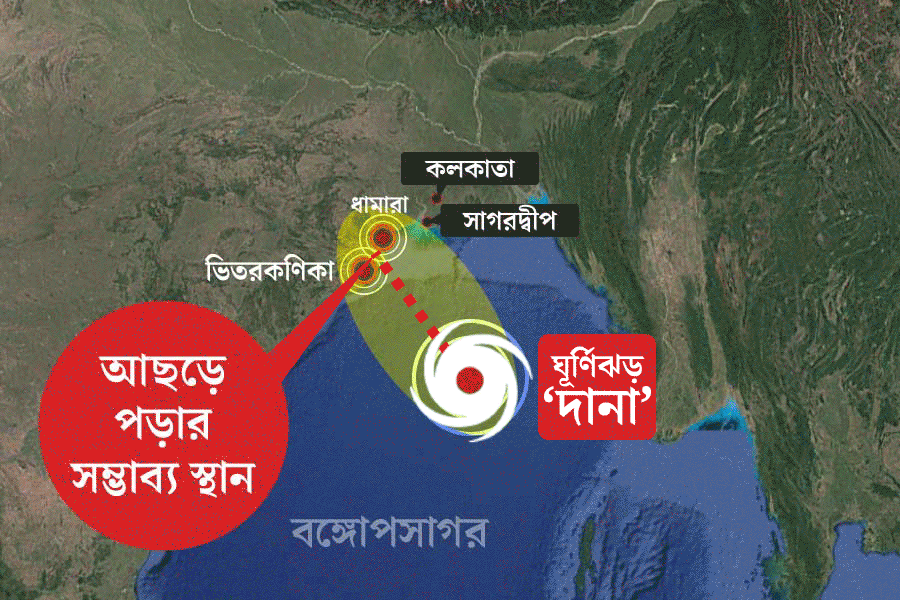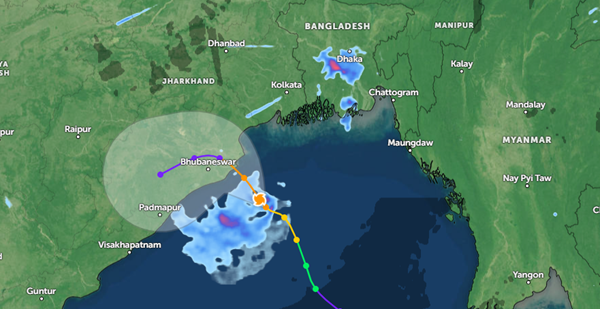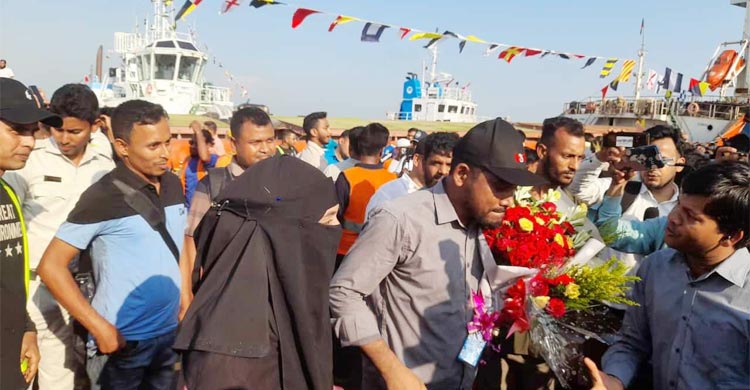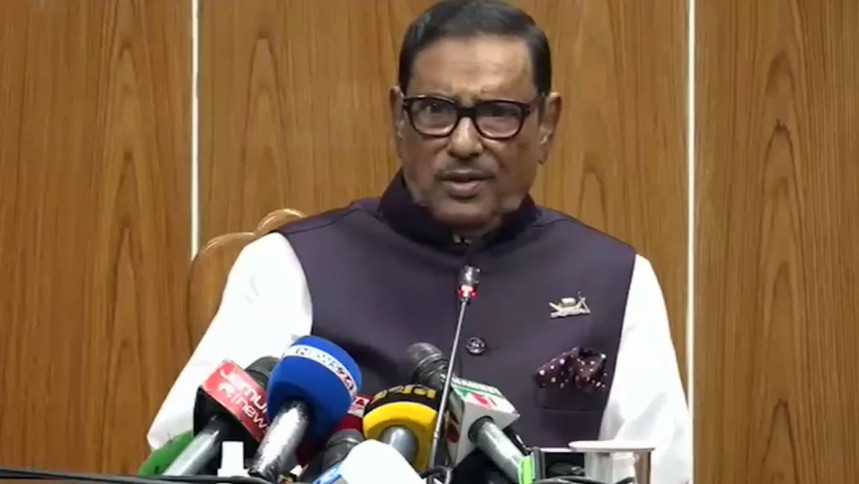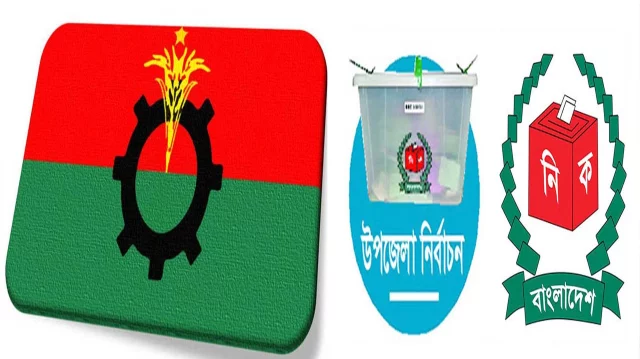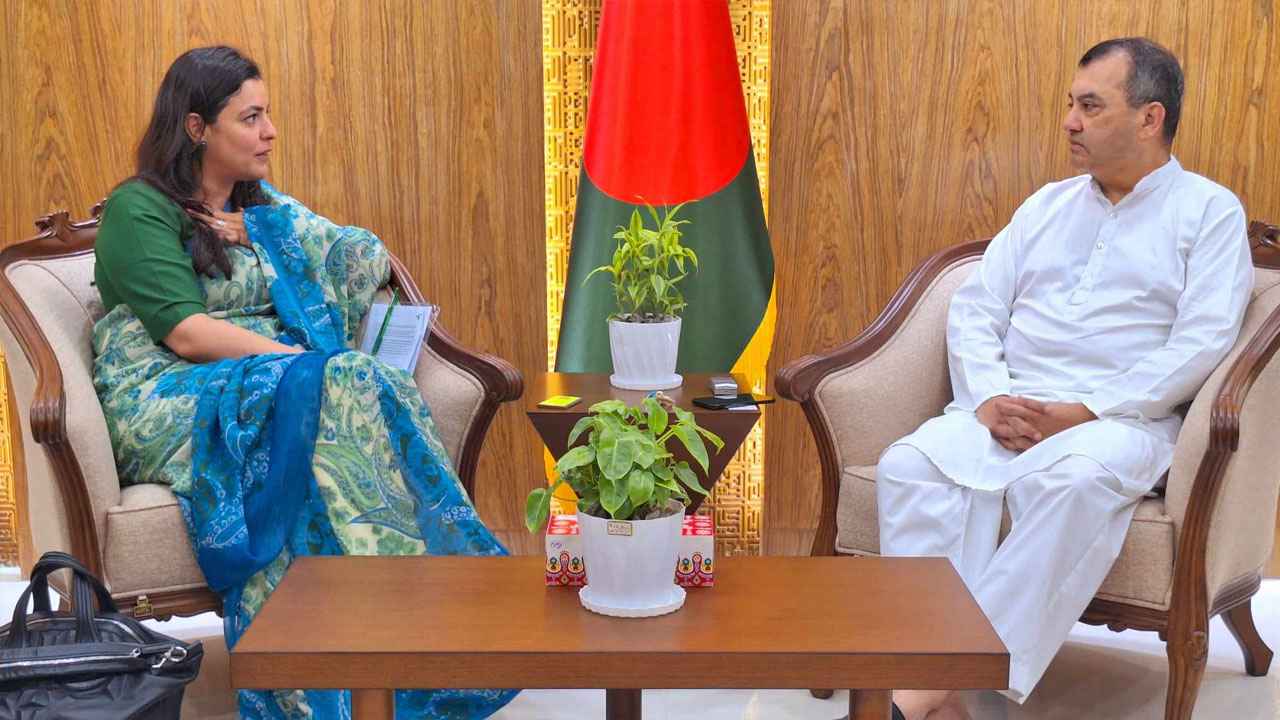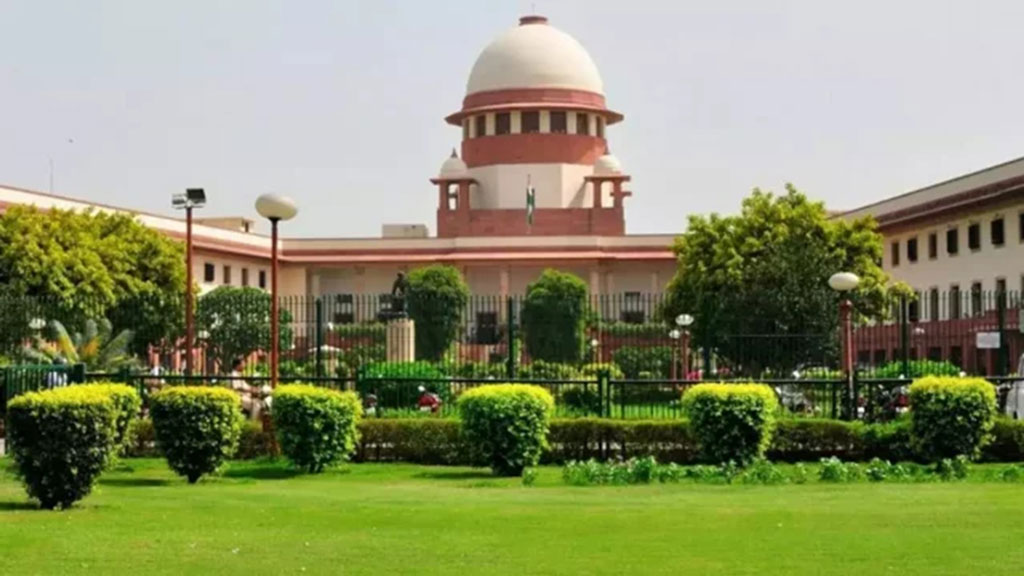
In a verdict in a case involving migrant workers from West Bengal, India, the Supreme Court of India said on Friday that no one can be considered a foreigner just because they speak Bengali.
Observers consider this court order to be a major recognition of the Indian Constitution and human rights.
The case was initiated on the basis of a petition filed by Trinamool Congress MP Samirul Islam and the West Bengal Migrant Workers Welfare Board, who alleged that Bengali-speaking workers in various BJP-ruled states were being detained on suspicion of being 'Bangladeshis', without being given the opportunity to show valid citizenship documents.
The Supreme Court today said that there is a historical and cultural bond between Bengali and Punjabi speaking people. Even if there is a border division, language cannot be made a criterion for citizenship. The court has clearly said, 'It cannot be on the basis of language.'
At the same time, the Supreme Court directed the Calcutta High Court to hear the petitions related to the detention or deportation of these workers on a priority basis.
This order paved the way for the stranded workers to get speedy justice.
Meanwhile, Solicitor General Tushar Mehta, representing the central government, argued that India must also be careful not to become the capital of illegal immigrants in the world.
However, the court's observation was clear: it is not possible to prove or deny someone's citizenship through language.
Legal experts say that this verdict has become a ray of hope for millions of Bengali-speaking workers spread across India, not just in West Bengal. It is a major step towards protecting the dignity and fair rights of those who travel far and wide to work to support their families.
